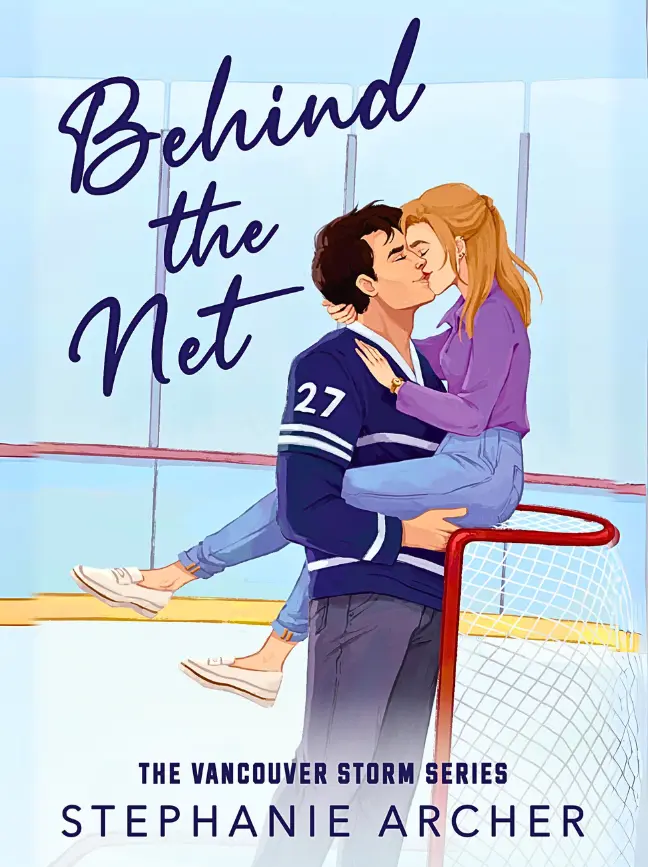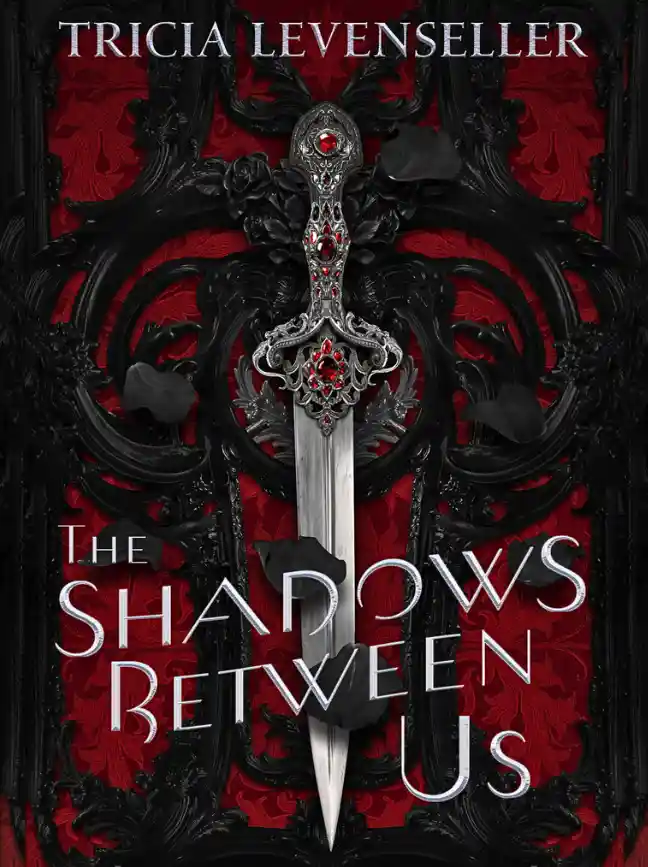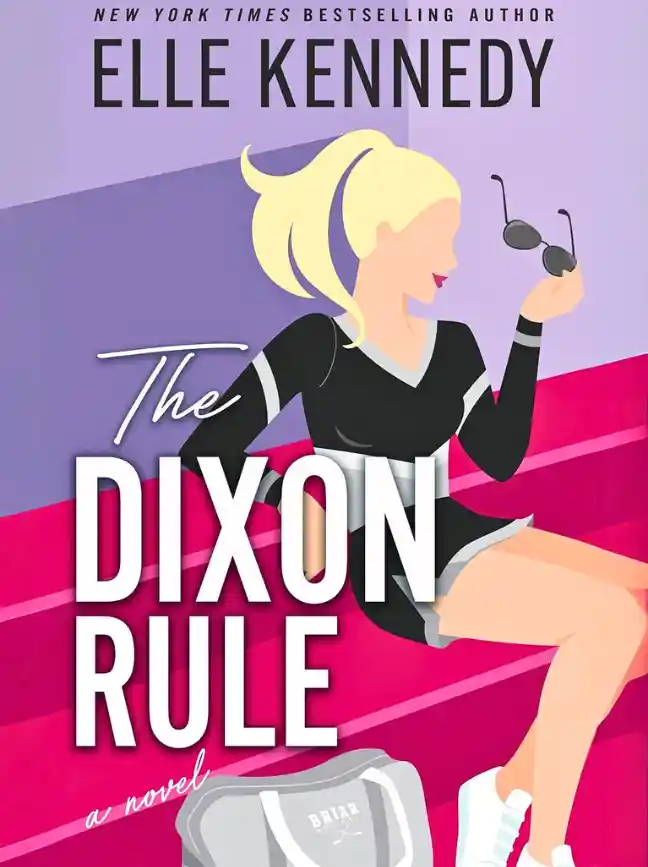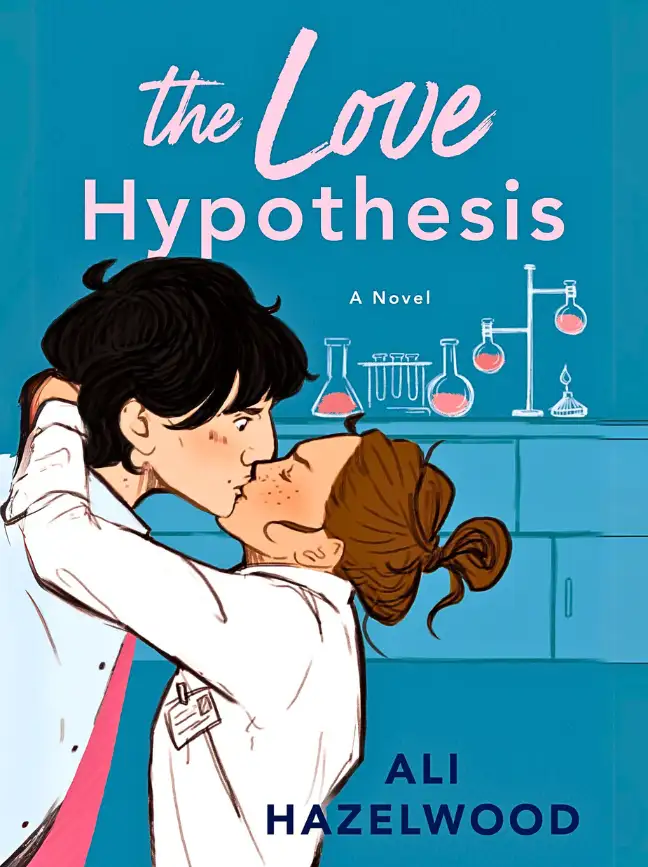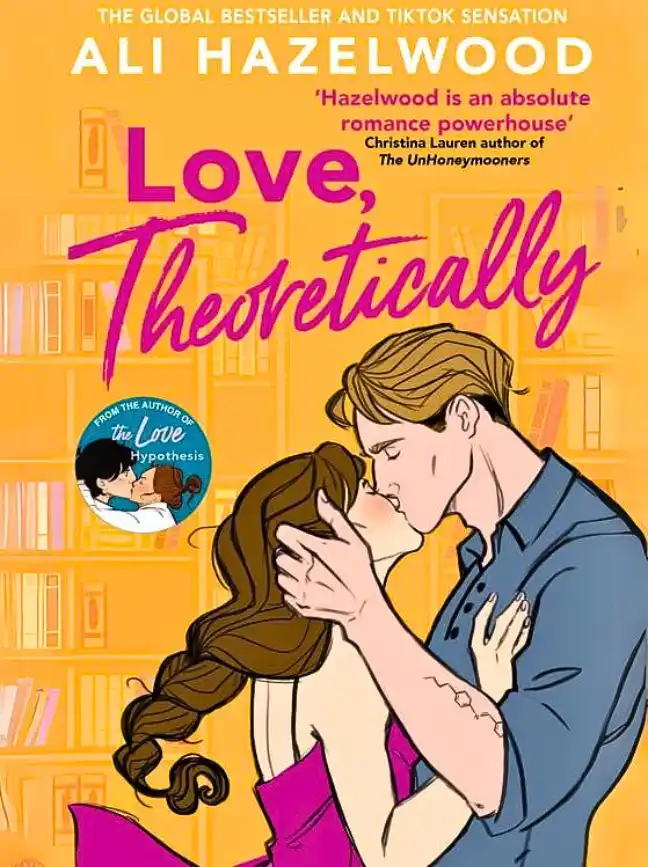Sarah is sitting up in bed, staring at the cold cup of tea on her locker. Why does her mother keep bringing her tea? She doesn’t like the hospital tea. It smells funny.
Her arm is still sore from the drip. At first she didn’t understand why all of this fussing had to go on for so long. She thought she would get her stomach pumped. Puke a bit. Say sorry. Go home. But no.
No one tells you the truth of this. But then – why would they? Anyone taking an overdose is supposed to want to die, so why would survival details matter? The problem, Sarah realises, still staring at the cold tea, is that she doesn’t ever remember thinking that she actually wanted to die. She no longer remembers precisely what she was thinking when she took the tablets. There was just all this panic about what would come out on the new TV appeal. That maybe everyone would find out about what happened on the train. What really happened in the club . . .
Yes. Just panic. Wanting everything to stop.
But not a conscious choice to check out. Die. Not that, not really. And she certainly doesn’t want to die now. Which is why it is so frightening to have to face up to the details. The obsession with her liver. All the tests. The whispering. The consultant looking so terribly grave when examining her charts.
Sarah can feel her hands trembling. When she looks down at them they are actually shaking, and she wishes that she had not looked it all up on the Internet. She wonders what dying really feels like. If it would really hurt. If you would know.
For a moment this makes her think of Anna, but she shuts this down. No. Anna is going to be found. Anna has to be found. It is like this twisted wrenching through her whole body. So torn. Wanting Anna back, but not wanting to be found out . . .
In the meantime, Sarah’s mother is trying to play down the tests; she keeps using her sing-song voice, saying everything is going to be just fine. But everything is not fine.
Her liver tests are still borderline. It is day four. Day four is apparently a
very bad place to be.
They have given her back her phone and so yes, she has looked it up.
Loads of people die of liver failure on day four.
Turns out surviving the paracetamol overdose doesn’t put you in the clear at all.
Is my liver going to pack up, Mum? Stop it, Sarah. You’re going to be fine.
Not true. Her results are so borderline, she might need a transplant; it could go either way. It’s hard to tell with livers, apparently.
She’s had charcoal. And she’s had the drug by drip that’s supposed to help the liver cope with all this. But nothing is guaranteed. It’s a waiting game
. . .
What Sarah wants more than anything is her sister. Lily. But her mum won’t talk about Lily, so all she has been able to do is message her on Facebook. But Lily hasn’t replied yet. Hasn’t updated her status for ages . . . The last picture was at some weird yoga retreat.
There is the sound of the curtain around her bed now. Her mother is back from the shop downstairs.
‘I bought you these.’ She has two magazines in her hand and the hospital cliché of grapes.
Sarah looks at her mother and feels a familiar and confusing myriad of emotions. Love. Anger. Frustration.
‘I’d better phone your father. Tell him how you’re doing.’ ‘No. Don’t. I don’t want him here. I want Lily.’
‘Now come on, Sarah. He has a right to know the latest and if he wants to come—’
‘Don’t. I said I don’t want him here and I mean it. Why won’t you talk about Lily?’
‘Lily made her own choices. Lily has her own life now. Your dad . . . he’s been very worried.’
Sarah turns away. Bad enough that he had insisted on coming to the hotel in London. To talk with the police. Kept phoning. Checking up.
Maybe he was worried what she might say to the police.
Sarah looks at her mother, fussing with the grapes and the magazines.
Moving the box of tissues and pouring cordial from a bottle.
How many times has she tried to broach it? To talk to her mother. To take the pin out of the grenade. But it’s always like this. She is dismissed. Shut down. The pin is popped straight back in. The pretence remains that their family is just a standard broken family. All very straightforward. Sad but neat. Nothing out of the ordinary. Loads of people get divorced after all.
Your father is gone. But we are going to be fine. It is all going to be civilised. We both love you very much still . . .
Occasionally, over the years, Sarah wondered about sharing the truth with Anna. But Anna had such a different life. Beautiful Anna. With her beautiful life.
Sarah leans back into the plumped-up pillows and closes her eyes. ‘That’s it, love. You have yourself a nice little nap. I’ll read.’
They met in the third year of primary school, she and Anna. Back then, Sarah’s dad was a lorry driver and away a lot. Her mother had always wanted to live in the country, so they bought a little two-bed modern terrace on a small estate on the outskirts of the village.
Sarah remembers how very shocked she was when Anna first invited her home to tea. The drive along the narrow lane to the huge farmhouse, with its chaos and its dogs and its line of wellingtons in the boot room which was bigger than her mother’s kitchen. Imagine, she told her family. A whole room just for boots and dogs. It’s nuts.
That first night after visiting the farmhouse, Sarah lay in bed, overwhelmed. Tea at hers after school was tinned spaghetti on toast, or oven chips made into chip butties. Only at weekends was there more effort, and even then it was from packets and tins.
At Anna’s it had been surreal. Her mother made this incredible stew – rich and delicious with herb dumplings on top – and apple crumble with homemade custard. It was a Wednesday, and Sarah had imagined it was a big and special fuss for her, but Anna said no, just a normal tea. Why? What do you like to eat?
Anna’s father came in from the fields to eat with them and was charming and funny, telling jokes, sitting at the table in his thick woollen socks and asking Sarah if she would like to come with Anna to see some of the new lambs.
Sarah looked around the table, watching Anna very closely, and it was like stepping back to watch from inside a strange bubble, realising that this really was their version of normal. Not a show put on for a visitor at all. Anna’s norm. Anna’s very different life.
And it wasn’t exactly jealously she felt, but there was this awareness, a stirring inside that was uncomfortable because it was the first time she had had her own life thrown into such sharp relief.
Anna was so different from her in other ways, too. Beautiful and kind and patient. She had been the first to befriend Sarah when she was standing awkwardly in the playground – the new girl. Anna had invited her to join in with a skipping game. And later to play two-ball against the wall, chanting rhymes as they each took a turn, moving in to juggle the balls without letting them drop.
They were thrilled to discover it was a shared passion – the two-ball. They became known as the best in the school. That’s really how it all began.
Anna and Sarah. Best friends forever.
It was a long time before Sarah had the courage to return Anna’s invitations. She had probably had tea at the farmhouse dozens of times by then. Stews and pies, lasagne and all manner of delicious offerings – always with a pudding to follow. Anna’s favourite was this plum slice, like a flapjack with stewed fruit through the middle. It had a lovely smell, which Anna said was cinnamon. They would eat them cold as snacks some days when they played two-ball in the yard, and other times Anna’s mother would warm them for pudding to be served with clotted cream or custard.
Often Jenny, Anna’s sister, would have friends for tea, too, and the table would be crowded and noisy, like a party. Tim and Paul were regulars; Sarah was pleased because Tim was from the council estate and she liked that she wasn’t the only one with a very different life. In fact, it made her feel better that Tim’s mother apparently never cooked at all. She pretty much left him to fend for himself, which was why Mrs Ballard loved to spoil him – and everyone else, too – with her open house, her hotpots and her upside-down cakes.
Very quickly they became this little gang, with the farmhouse as their personal playground. They set up a camp in the bushes near the barns. On warm days, Mrs Ballard put a sprinkler on the front lawn so they could run in and out of the water in their swimming costumes before tea. Mr Ballard let them all ride in a trailer behind the quad bike, with the boys shouting faster, faster.
That first summer, the farm became a second home to Sarah. She was so happy.
And then suddenly, nearer Christmas, Anna asked outright. Could I not come to your house some time, do you think, Sarah?
I suppose.
Sarah had felt this twisted sense of nerves and shame and guilt, too, wanting to be proud of her family but worrying what Anna might think. She couldn’t understand why someone who had such a wonderful home herself would want to go anywhere else. But if Anna was surprised by their tiny house and the oven chips and the baked beans, she certainly didn’t show it.
It’s so warm, she said as they snuggled up to watch television downstairs, under the throw her mother had offered them. Your house is so warm, Sarah. Ours is always freezing in the winter.
They stayed best friends into secondary school, where Sarah discovered something special of her own – that she was actually a lot smarter than she realised. It had been difficult to tell in the small pond that was the village primary. She always came top in the spelling tests; her writing was always displayed on the wall and she always got an A for maths. But there was very little competition. Then, in secondary school, Sarah’s star suddenly shone
more brightly. Top sets for everything – even maths, which Anna found a struggle.
Sarah took on a new role in their friendship, which made her feel proud and valued and able to offer something important back to the family who had been so kind to her. She helped Anna with her maths homework. Her essays.
Paul was bright, too, and it became a joke that he and Sarah were the ‘boffins’. Paul was the son of one of Mrs Ballard’s friends, and when he suddenly grew taller and quite handsome, Sarah looked forward to her visits to the farmhouse even more. Anna’s mum and dad continued with the open- door policy even as the children grew. Eating more. Loudly chasing each other, climbing trees and playing hide-and-seek around the barns. Other parents complained about the noise and the food and the music and the mess, but Mrs Ballard never seemed to mind at all.
For a spell, with Sarah and Paul helping the others with their homework over plates of pizza and cakes and scones, everything felt so beautifully balanced. Giving and taking. Happy and good.
Yes. She remembered that golden period, during the first year of secondary school, as the happiest she had ever been.
Until, that is, the very end of that year. Another summer term. Sarah was twelve, nudging thirteen. Her mother was away, visiting an old school friend, and out of the blue Sarah’s period started.
Her sister Lily was around at a friend’s house for a sleepover and so Sarah began rummaging through her sister’s chest of drawers, desperate for some sanitary towels. Stick-on ones hopefully, ‘with wings’, which she had seen in adverts and looked pretty simple to use.
But all she could find were tiny tampons in a box. She was horrified, opening out the instructions, trying to figure it out as her father came in.
Very soon Sarah was in tears. Absolutely mortified while he was telling her not to be so silly. That it was nothing to be worried or embarrassed about. All perfectly normal. Of course it would feel a bit awkward. And he was so sorry that her mother was away for the night, but she was not to be afraid or upset. This was just a part of growing up.
He put his arm around her shoulders and, for a moment, Sarah felt so very happy and relieved that she had the kind of father who wasn’t fazed by this, who could talk about this stuff without it being truly dreadful and awkward. And then he took the instructions from her hand – the leaflet about the tampons. And he said the problem was that these were really for older girls and probably not suitable just yet. Sarah was about to ask if he could take her to the chemist to buy some of the sticky-backed sanitary towels, when her father said the important thing was to check. So as not to do any damage.
Sorry?
Well if you let me have a look. See how grown up you are. You know.
Down there. We can work out if you can try the tampon straight away.
No. It’s fine. I’ll wait till Mum gets back.
Don’t be silly. There is absolutely no need for you to be embarrassed about this. Periods are perfectly normal. Not dirty or anything to be ashamed about.
Looking back, Sarah knows, as she knew deep down at the time, that this wasn’t OK at all. But she was in such complete shock. Had no time to process the situation.
And so she did the most terrible thing and also the only thing. She let him look. She let him feel whether she was grown up enough. And then he said, No – probably not suitable for tampons. Not yet. That he would pop to the shops and get something else for her. No need to be embarrassed.
She had sat on her bed with tissues stuffed in her pants to soak up the blood – frozen. Unable to move. Just sat there in this terrible silence. It was as if her whole life had shrunk suddenly into this tight, tight ball that hurt as much as the pain in her stomach.
And the problem is, she still doesn’t know what to do or what even to think. She still hasn’t told her mother. Or anyone else. Not Anna. Not anyone.
The pin is still in the grenade.
When her parents separated very suddenly, she just refused to go and visit her father, which made both her parents very angry.
‘You didn’t drink your tea.’ Her mother is moving the cup on the locker to set out the grapes, removing the cellophane wrapping.
Sarah looks at her. She looks at the cup of cold tea in her hand.
And the worst thing now? She cannot get out of her head how her father was always saying how very beautiful Anna was. At school concerts. At parent evenings. Everyone said that, to be fair, but Sarah has been thinking, with all these hours stuck in the hospital with nothing to do but think, that her father said that a lot more than most. Certainly more than felt comfortable.
She is very lovely. Your friend Anna. Very lovely girl.
‘Anna’s mother, Barbara, phoned to see how you’re doing. Everyone sends their love. Apparently the vigil went very well. It was on the local news. And the gang was wondering if they could come and visit? Cheer you up?’
‘The gang?’
‘Yes. Jenny and Tim and Paul. They’re very worried about you and would love to pop by.’
‘No. I don’t want that. Not yet.’
‘Right. Well. If you’re not feeling up to it. But it would probably be good for you. Barbara seemed very keen. You know how fond of you she is.’
‘I said not yet. OK? When I’m home. Maybe when I’m home.’
Sarah cannot think about that now. She is suddenly thinking about a lot of other, more important and confusing things.
How she hasn’t told the police the truth about what happened with Anna in the club.
And she hasn’t told anyone about the text from her dad that night.


